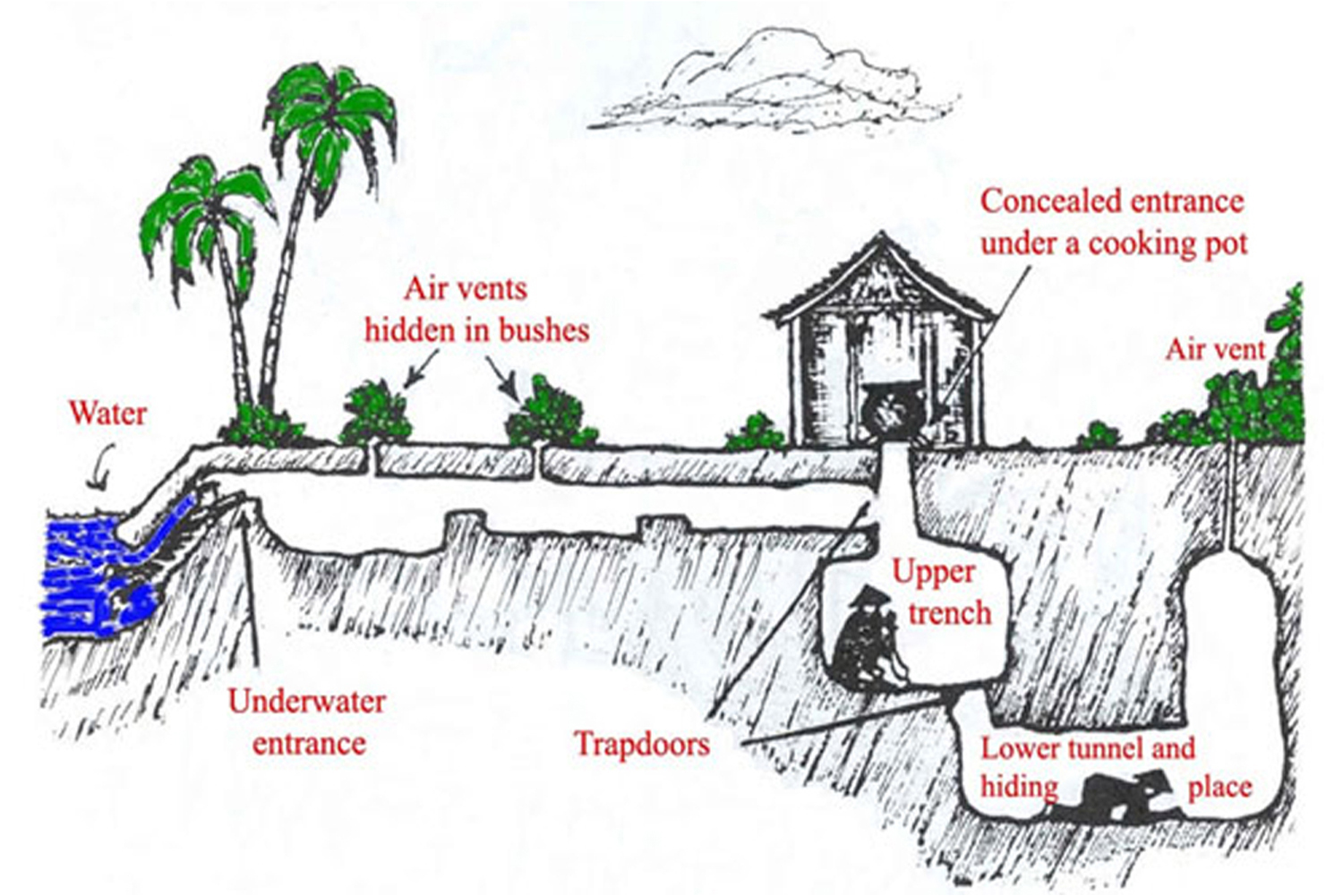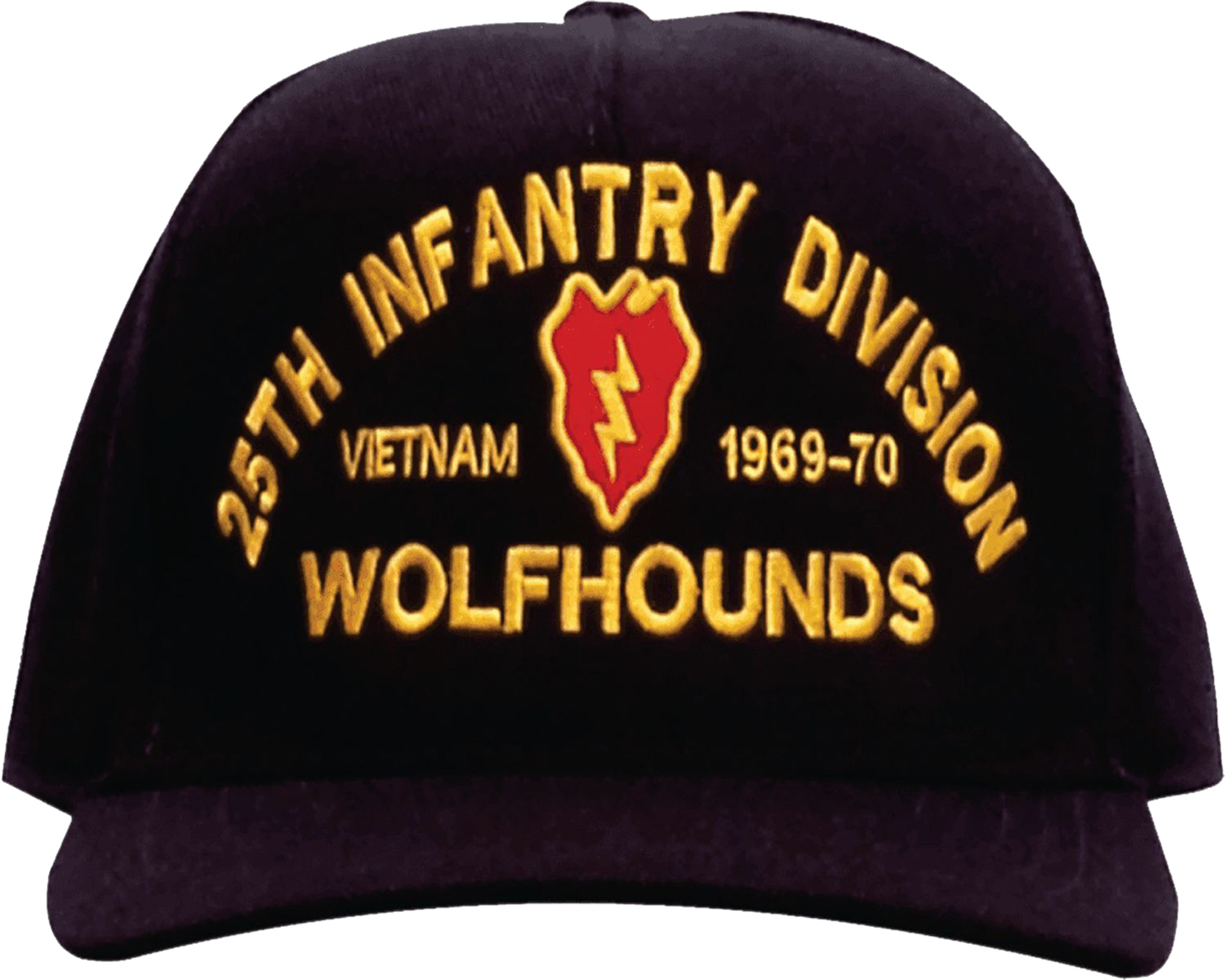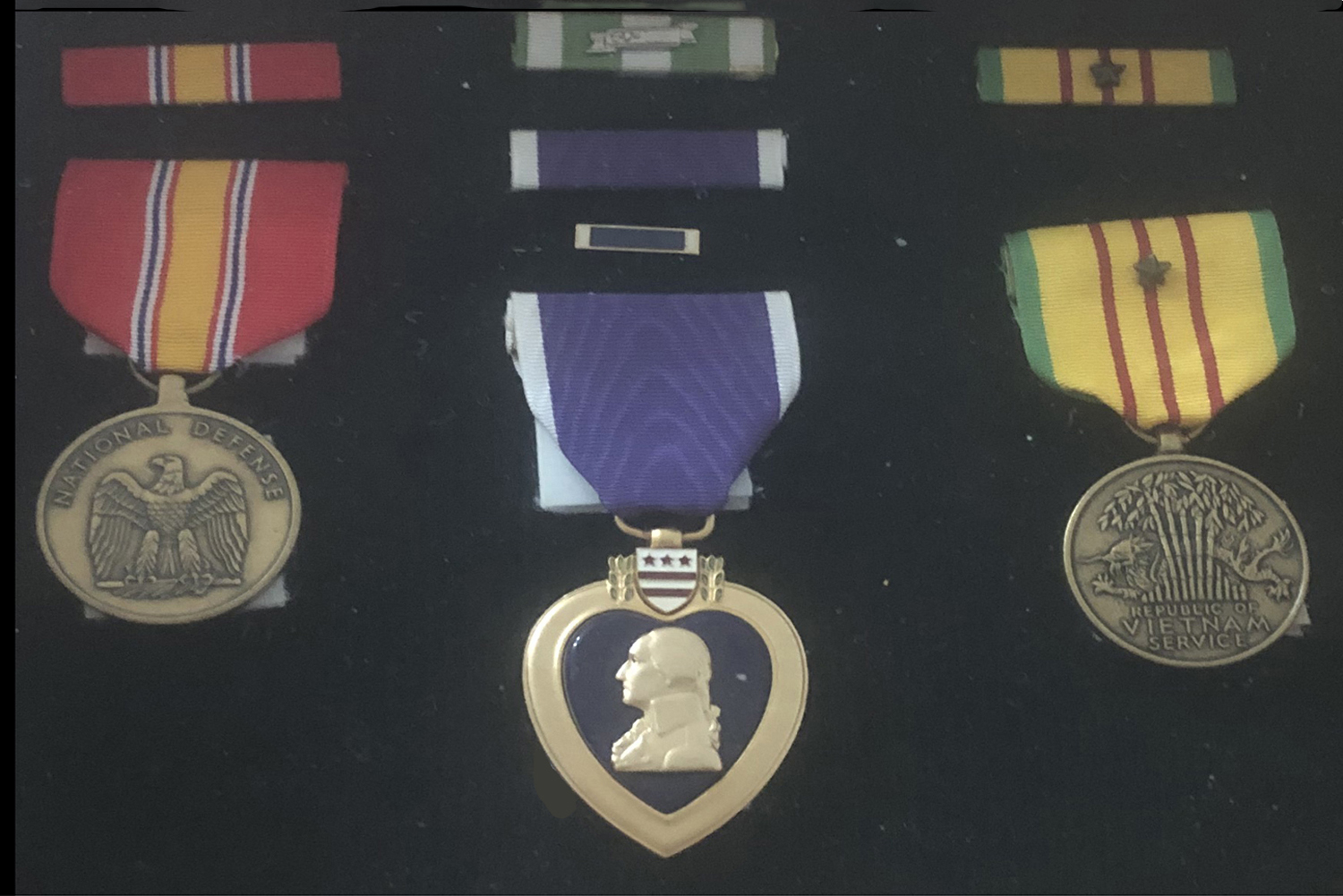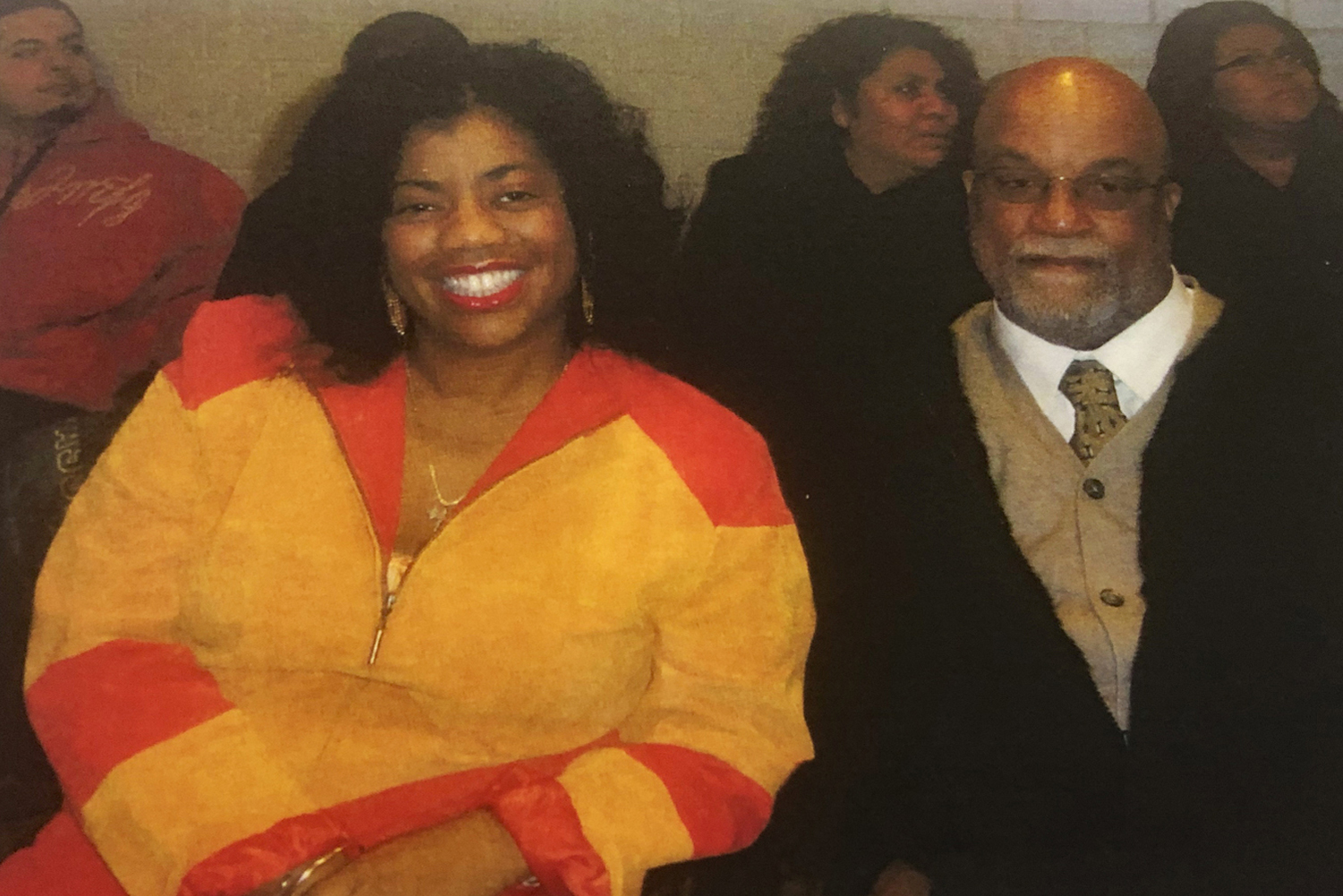U.S. Army Vietnam War Chicago, IL Flight date: 08/18/21
By Allen Konieczka, Honor Flight Chicago Veteran Interview Volunteer
Willie was born at the very end of World War II on June 3, 1946 and grew up with his family on the south side of Chicago, near 95th Street and Halsted. He has a twin brother and a set of twin sisters! As he finished high school, his hope was to attend college. He was a good athlete, and was awarded a track scholarship for a college in Winston-Salem, North Carolina. However, he got himself in a bit of trouble and was asked not to return to school. As Willie recalls, “I was caught four times down in the all-white-girls dorm and finally I was kicked out.. They told me not to come back after Thanksgiving break.” On December 23rd, Willie received his draft notice and to report on January 14, 1966. He was the first person in his family to ever serve in the military.
He reported for draft duty with two other friends from the neighborhood and they hoped they would all serve together, but that didn’t work out. As Willie recalled, “They stood us all in a straight line and then told every other person in line to step forward. My buddies stepped forward and they announced that those men would be going into the Marines. So my buddies went to the Marines and I found myself in the Army.”
Willie did his basic training in Fort Polk, Louisiana which was an infantry training center that provided advanced training for Vietnam-style combat. A portion of Fort Polk, referred to as Tigerland is filled with dense, jungle-like vegetation and this, along with Louisiana’s heat, humidity and precipitation (similar to Southeast Asia) helped prepare soldiers for combat in Vietnam. Willie began to describe Tigerland as if he had just been there yesterday, “When you went into Tigerland, you knew you were going to Vietnam. They set up booby traps, punji pits, fired ammunition and made us crawl under barbed wire and then get up in line and fire our weapons. We learned to jump to the ground from a helicopter since helicopters never landed when unloading infantrymen. We played a lot of war games and didn’t get much sleep, but when we did, we were sleeping outdoors, just like we would be in Vietnam. In war, you have to turn your feelings off. They kept telling us in Tigerland, ‘You’re a killer.’ Over time we accepted that and became a killer.” They even ate C-Rations during their training at Fort Polk.
Willie spent 18 weeks at Tigerland before heading off to Vietnam. He flew to Oakland, California and stayed there 3-4 days before landing in Vietnam on June 10, 1966. He reported to Củ Chi Base Camp a joint U.S. Army and Army of the Republic of Vietnam (ARVN) base northwest of Saigon. The camp was located near Highway 1 and Tan Son Nhut Air Base and south of the Vietcong stronghold the Iron Triangle which was near and above the Củ Chi Tunnels.
Upon arrival, Willie was told that their unit was replacing a suicide company. After being assigned to a hooch (living quarters) they had to pack up the belongings of a group of soldiers who had been killed after being in country for about 11 months. These soldiers had gotten a bit too relaxed and went out on an ambush one night with sardines, Ritz crackers and snacks and Charlie found them and killed them. Hearing about those soldiers made Willie realize that if he wanted to survive, he would have to be on guard every moment of every day.Willie was in country from June 1966 until June 1967 and recalls “The whole time I was in Vietnam, I was in action. It seemed like the Viet Cong always picked on us. My unit was the 1st Battalion, 25th Infantry, a company nicknamed the “Wolfhounds” and we had such a reputation that the enemy had a bounty on us.” There was a tall white kid in their unit named O’Shaunessey. He was about 6’5” tall, with red hair and freckles and he carried a big bowie knife. Every time we would kill one of the enemy he would cut off one of their ears and put them on a chain he carried around with him.
For the first two weeks Willie was in Vietnam, not much happened. They experienced some sniper rounds and the men in his unit relaxed a bit. They were put on highway security because of the local elections and ran patrols up and down Highway 1. Every day tanks would pull up to the highway and stop in the exact same spot. Willie recalls, “One night Charlie snuck up to one of those tank positions and put a stick with a 700-pound bomb under it. The next day they hit the trigger and that tank flew straight up in the air. It burned so bad you couldn’t tell what race the soldiers were. They had smoke coming out of their mouths, they were screaming for water. I walked away, threw up and started crying.”
In Vietnam there was no set schedule; no sense of time. Willie said he might get 2 or 3 hours of sleep but most of the time he would be on guard duty. If someone came to relieve him, he would eat and then go out on a sweep. His unit went out on ambushes nearly every night. While walking through the pitch black darkness they had to hold onto the backpack of the soldier in front of them just so they wouldn’t get lost in the thick jungle and elephant grass. They marched through rice paddies maybe 700-800 yards wide. One time they came up to a rubber tree plantation and found a hospital that went four stories deep underground. It even had lights strung up.
Willie tells the story of how he was injured the first time on November 4, 1966. “Our unit was called in to sweep from the other side and get the enemy. We took over an area with foxholes and bunkers and stayed the night. We moved out in the morning and made contact with our other group. It was very quiet and I was on point on the right side and suddenly realized we walked right into an L-shaped ambush. One of our men, Grady, was hit and as I ran up to get to him, I was hit in the leg and it flipped me. I don’t care how strong or how tough you are, when that bullet hits you, the first thing you holler is ‘Momma.’ The helicopters couldn’t come in to get us because they were getting shot at too”. During his time in Vietnam, Willie saw many men get shot. I just talked to myself to stay calm and said, “I’m going back to 95th Street & Halsted” and eventually I did.” Willie’s unit had to call in multiple airstrikes just 700 yards in front of their position in order to get out of there. Willie was finally carried out the next day. Luckily the bullet just went through the muscle, with no bone damage. He received a Purple Heart as a result of his injury in battle.




After healing from his leg injury, Willie immediately went back to his unit and was sent to fight in the search-and-destroy operations named Operation Attleboro and Operation Cedar Falls. The main objective was to discover the location of ARVN and Viet Cong (VC) base areas and force them to fight. Operation Cedar Falls was an operation to eradicate the so-called “Iron Triangle”, an area northwest of Saigon that had become a major stronghold of the VC. It was the largest American ground operation of Vietnam involving 30,000 US and South Vietnamese troops. Willie recalled these operations were some of the fiercest battles he was involved in during his time in Vietnam.
“I got hit again, this time with shrapnel in my hand on February 26, 1967 during the time we were fighting in War Zone C in Tây Ninh Province near the Black Virgin Mountain. We were in an area called Hobo Woods and the enemy just came flying at us out of those spider holes”’ (a camouflaged one-man foxhole used for a surprise attack). Shortly after arriving in that region, they had killed most of the VC in the area and then began fighting with the 273rd North Vietnamese Regimen which were actual trained soldiers from North Vietnam. Willie shook his head as he recalled, “I saw so much fighting and soldiers dropping all around me from enemy gunfire, grenades, and mines. I looked and saw my fellow soldiers lying dead and wondered, “Why not me?” I’m running as fast as I can through these rice paddies with bullets whizzing past my head and we just keep running until we found a hole or some cover to jump into.“
Willie described how it made him so mad when he saw his friends, his fellow soldiers getting killed, it just turned him into a killing machine. “I just wanted to take out my anger on everyone I came in contact with. I didn’t know which enemy soldier had killed my friend so I just wanted to get rid of all of them.” Willie estimated he lost about 40% of his unit during the year he was in Vietnam. In addition, there were many others who had arms and legs blown off. “They sent me over there, I didn’t want to go. And when people are shooting at you, you’re going to shoot back. War is Hell, I’ll never forget it!”
After Willie’s injury he was quickly bandaged up and put on guard duty. His company awoke one morning to find a claymore mine right next to the bunkers where they slept. It had been raining that night and he suspects the mine didn’t go off because of the wet conditions. They considered themselves very lucky to still be alive.
Willie’s company spent most of their time out in the field and would be on sweeps and patrols, with airplanes dropping Agent Orange to kill off the vegetation. He and his men were exposed to it and didn’t understand the consequences until years later. Willie recalled what it was like walking through the Agent Orange mist. “It was like a light rain shower coming down on us as we walked and you just kept on walking right through it. Many soldiers returned home and got cancer and horrible diseases from the exposure. I have diabetes, Lupus, a heart condition, all from Agent Orange exposure, but I feel so fortunate compared to what I could have gotten.”
Willie says war changed him as a person. “When I came home I was cold, I had no emotions at all. Shortly after returning home my grandmother died, other family members were crying and I looked around and thought, what’s all the hollering about, she just died. I wouldn’t eat anything with rice. It took me seven years before I could eat some rice and I couldn’t drink any kind of tea.” Willie’s fear of eating rice came as a result of his memory of the VC in the villages hiding dead bodies in huge piles of rice. Soldiers would see the rice pile start digging in to eat. They soon discovered the dead bodies and the odor was unbelievable.
When Willie’s tour of duty was finally about to end in June 1967, he had to wait for his ETS (estimated time of separation) to come along. The last four days before being taken out of the field were the most stressful. Willie remained vigilant and stayed alive for those last few days while still going out on daily sweeps and ambushes. When his day finally came, Willie remembers the plane lifting off the ground and he knew he was on his way home. “You look down and see the plane leaving the ground. You feel as light as a feather. No one on the plane said a word the whole ride back. They always told us not to get close to anyone in combat but you can’t help it, you’re all looking out for each other out there.” Once he got stateside he was so grateful for the little things. The thing he looked forward to the most was a nice cold glass of ice water.
The Illinois State Police and Chicago Fire Department tried to recruit him upon his return, but he wanted nothing to do with wearing a uniform or carrying a gun. He ended up working for the Chicago Transit Authority (CTA) as a driver and Line Instructor on the Jeffrey Express. He taught the first women bus drivers in Chicago and spent 28 years there.
Willie married after returning from Vietnam, and suffered from PTSD, although he didn’t know it at the time. He couldn’t stand it if people raised their voice towards him, he suffered from road rage, was selfish and had other issues. A friend finally convinced him to attend a PTSD support group and he then realized his issues and behavior problems were directly related to his time in combat. PTSD ruined his marriage but resulted in two sons and a daughter and now four grandchildren, three girls and one boy.
Willie met his current wife Eva at the CTA. “I was driving the #2 Hyde Park Express and this young woman in a fur coat got on. I thought what’s this beautiful girl doing riding my bus?” It took me about a year before I finally asked her out on a date. I took her to a Kool and the Gang concert at Star Plaza in Merrillville, IN.” After ten years of dating, they finally got married on December 14, 2007. Willie and Eva still like to travel and go to concerts. He personally knows members of the Motown groups The Temptations and The O’Jays and they have even come to his home for barbecues.
Willie, thank you very much for your dedicated service. Enjoy your well-deserved trip to Washington D.C.!


